Organ Donation: Myth, Facts & Challenges
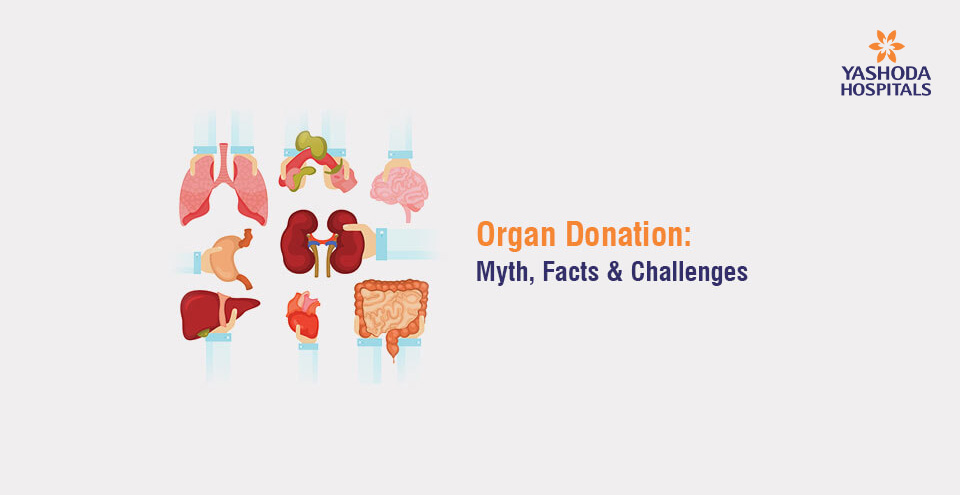
A variety of organs and tissues can be donated by a deceased donor. The most common organs transplanted by a deceased donor are kidneys, liver, lungs, heart, heart valves and corneas. The other organs include the intestine, pancreas, bones, skin, uterus and limbs.
Living donor transplants include kidney, partial liver, partial lung, bone marrow and uterus transplants.
Most commonly transplanted organs in India
The most commonly transplanted organs in India are corneas, Kidneys, Liver, Bone marrow and Heart.
Myths & Facts surrounding organ donation
Myths, misinformation and prejudices dampen altruism and promote skepticism. Listed below are some of the common myths and related facts:
Myth: If the hospital knows I am a potential organ donor they won’t save me.
Fact: Doctors do their best to save a patient. Organ donation is thought of only when brain death occurs. Most importantly the transplant team is different from the treating team.
Myth: I may recover from brain death.
Fact: Brain death is irreversible. The diagnosis of brain death is made only if stringent criteria are met.
Myth: The donor’s family is charged for donating the organs.
Fact: Donor family is never charged. If they feel so they can contact the local transplantation committee for clarification.
Myth: Only the rich and famous get organs.
Fact: The organ allocation system is blind to financial and social status. Organs are allocated purely based on the severity of the recipient’s health status.
Myth: Religion precludes organ donation.
Fact: Most religions don’t. One may clarify this with their concerning religious authority when needed.
Myth: Only the deceased can donate the kidney.
Fact: Organ donation can be both from a deceased donor and for a few organs from a healthy living donor.
Challenges in Organ Transplantation in India
Although India performs the second largest number of transplants in the world, it lags behind several European and American countries in the donation rate. According to the WHO statistics, only 0.01% of Indians donate their organs.

Ignorance and prejudice continue to be the main challenges in organ transplantation in India. It’s a herculean task to overcome these challenges with the many ethical, some philosophical and very few practical strategies offered by the intellectual community. Listed below are the important challenges:-
- Fears concerning the diagnosis of brain death. A sense of being cheated is often noticed in the family of the deceased donor particularly when they are self-paying the medical bills.
- The belief is that the organs would first go to the rich and influential and only rarely to the poor.
- Stories in the media about criminal organ commerce.
- The religious belief that the integrity of the body is mandatory for the path to eternity
- Questionable Legal binding power of the donor card when a family member refuses to harvest organs from a deceased donor.
- Socio-economic status is a big hurdle. Government hospitals need to perform organ transplants in substantial numbers to make this accessible to low socioeconomic people.
- Organ trafficking in living donor transplantation.
- Fragmented health care system and ignorance about organ donation among primary physicians.
References:
- Organ donation: Don’t let these myths confuse you, Mayo Clinic: https://www.mayoclinic.org/healthy-lifestyle/consumer-health/in-depth/organ-donation/art-20047529
- Organ Donation and Transplant, WebMD: https://www.webmd.com/a-to-z-guides/organ-transplant-donor-information
- Organ Donation and Transplant, Johns Hopkins: https://www.hopkinsmedicine.org/health/treatment-tests-and-therapies/organ-donation-and-transplant




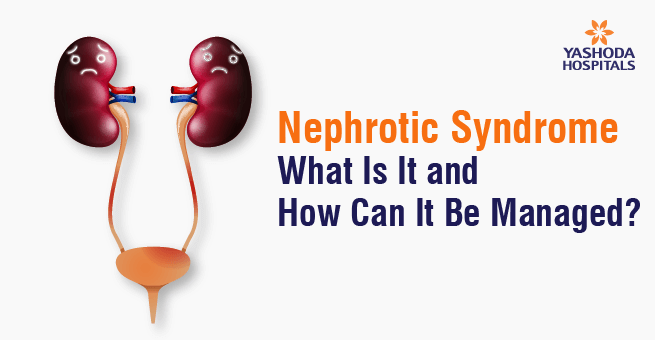
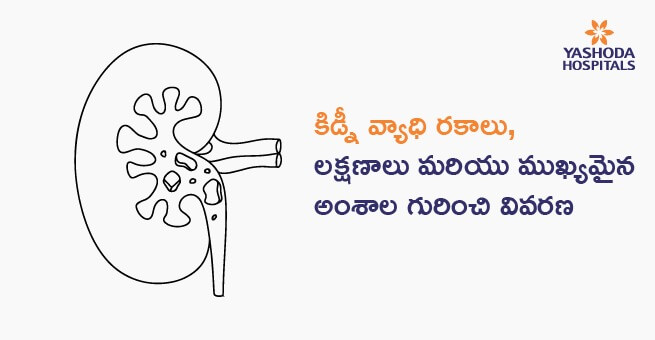

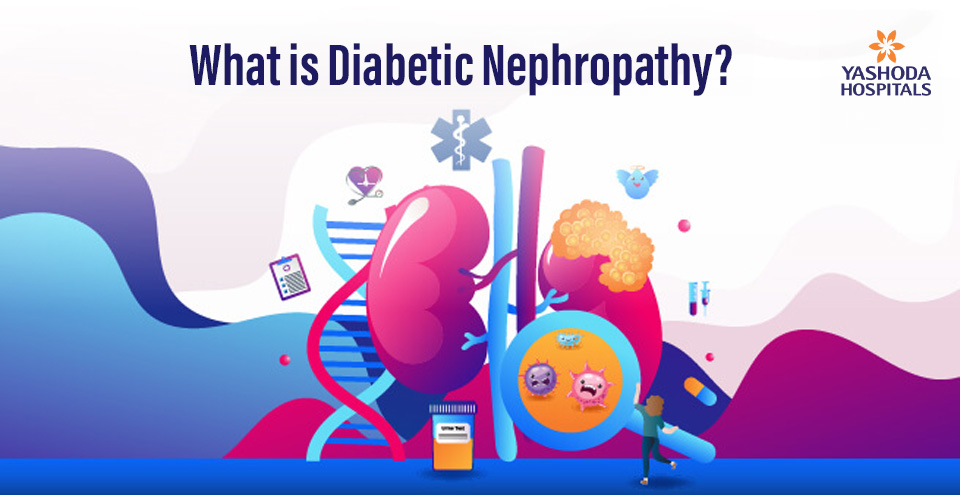
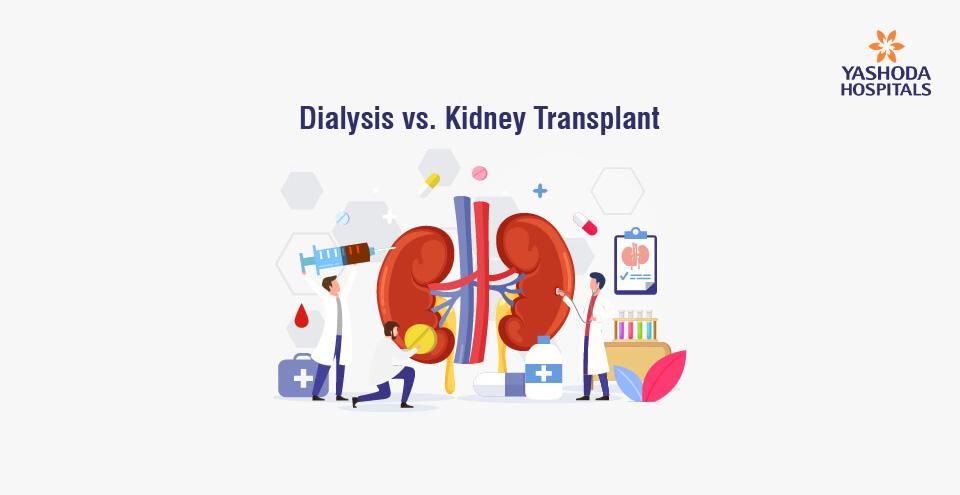
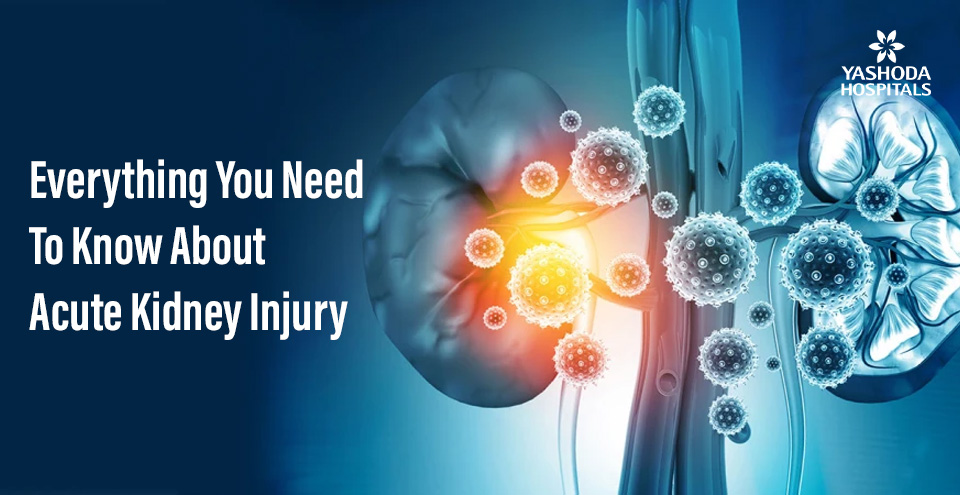
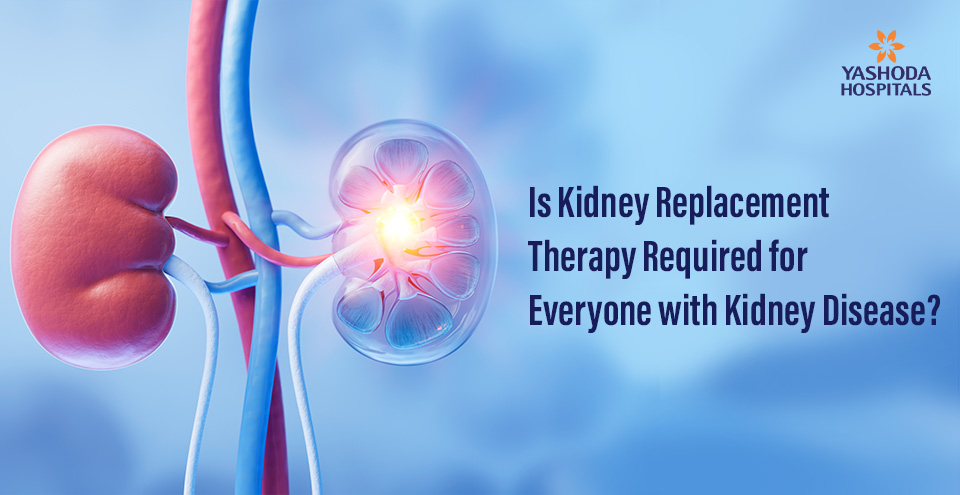

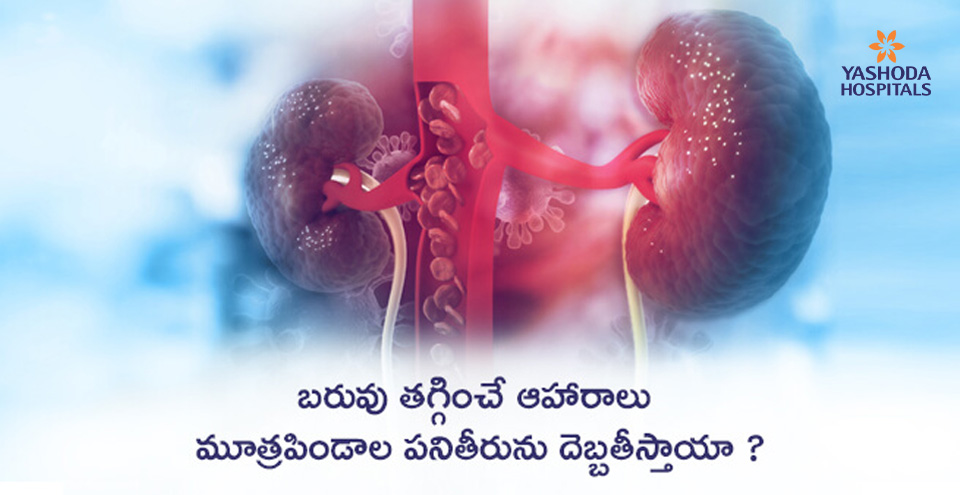
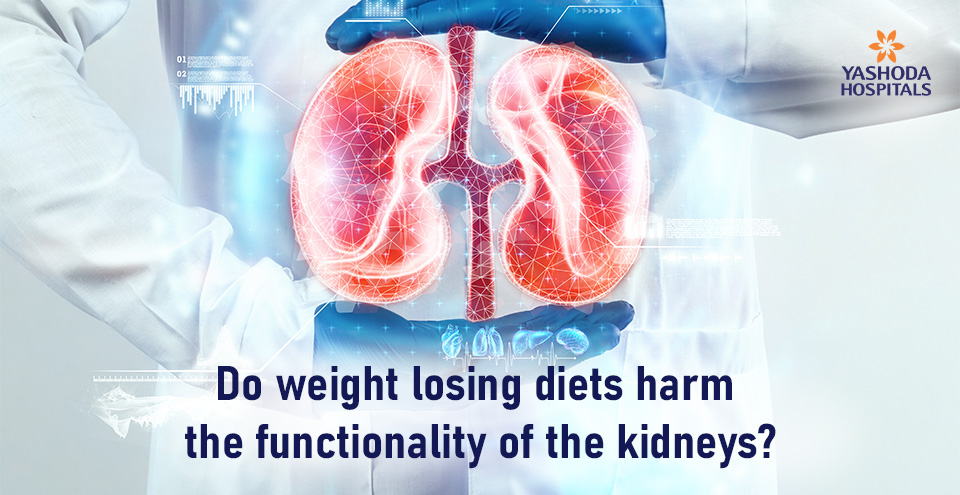
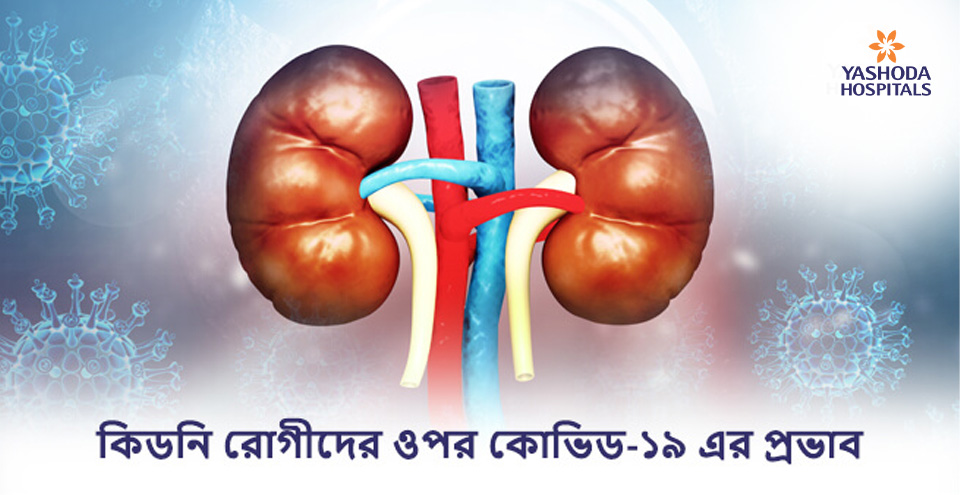






 Appointment
Appointment WhatsApp
WhatsApp Call
Call More
More